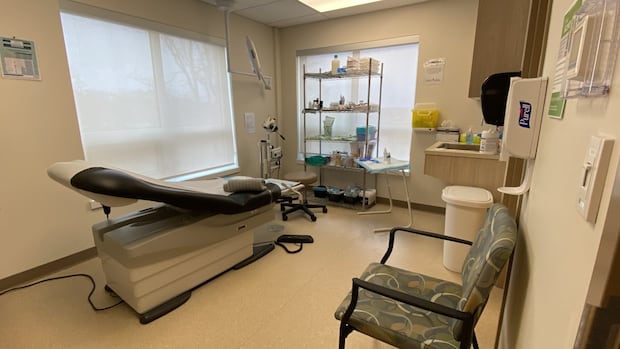Boosting Aussie Mums' Health: Why Maternal Care Matters More Than Ever

There's simply nothing like the incredible feeling of holding your newborn baby for the very first time. It's a moment cherished and anticipated by countless new parents. But for far too many families in Australia, this beautiful experience is overshadowed by concerns about maternal health – both before, during, and after birth.
Maternal health isn't just about a healthy pregnancy; it's about the overall wellbeing of women throughout their reproductive lives. It encompasses physical, mental, and emotional health, and ensuring access to quality care is vital for both mums and their babies. Sadly, statistics paint a concerning picture. While Australia boasts a generally high standard of healthcare, maternal mortality and morbidity rates are higher than they should be, particularly among Indigenous women and those living in rural or remote areas.
Why is Maternal Health a Growing Concern?
Several factors contribute to this challenge. Increasing rates of chronic conditions like obesity, diabetes, and hypertension among women of childbearing age are impacting pregnancy outcomes. Mental health issues, including postnatal depression and anxiety, are also on the rise, often going undiagnosed and untreated. Furthermore, access to affordable and accessible healthcare services remains a significant barrier for many, especially in regional and remote Australia where specialist care is often limited.
What's Being Done to Improve Outcomes?
Thankfully, there's a growing awareness of the importance of maternal health, and initiatives are underway to address these challenges. Here are some key areas of focus:
- Improved Prenatal Care: Early and consistent prenatal care is crucial for identifying and managing potential risks. This includes regular check-ups, screenings for health conditions, and education on healthy lifestyle choices.
- Addressing Mental Health: Increased screening for postnatal depression and anxiety, alongside readily available and affordable mental health support services, is essential. Breaking down the stigma surrounding mental health is also paramount.
- Closing the Gap for Indigenous Women: Culturally appropriate healthcare services, tailored to the specific needs of Indigenous women, are vital for reducing disparities in maternal health outcomes. This requires collaboration with Indigenous communities and healthcare providers.
- Expanding Access to Rural and Remote Care: Telehealth and mobile health services are playing an increasingly important role in providing access to specialist care in remote areas. Incentives for healthcare professionals to work in rural locations are also needed.
- Promoting Healthy Lifestyles: Public health campaigns promoting healthy eating, regular exercise, and smoking cessation can help reduce the risk of chronic conditions that impact pregnancy.
The Role of You – As a Parent and a Community
We all have a role to play in improving maternal health outcomes. For expectant parents, seeking early prenatal care, prioritising mental wellbeing, and building a strong support network are key. As a community, we can advocate for policies that support maternal health, donate to organisations providing maternal health services, and raise awareness about the importance of this vital issue.
Investing in maternal health isn't just about improving the lives of mothers; it's about ensuring the healthy development of future generations and strengthening the fabric of our communities. Let's work together to ensure that every Aussie mum has the opportunity to experience the joy of motherhood with confidence and wellbeing.






